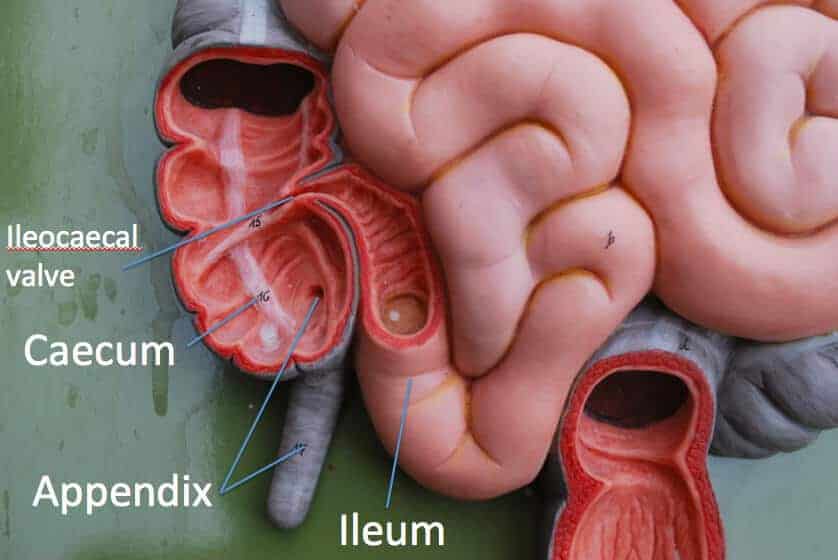Children with allergies have a lower risk of developing complicated appendicitis, according to a new study from Lund University and Skåne University Hospital in Sweden. The findings, now published in JAMA Pediatrics, could pave the way for new diagnostic tools in the future.
“In a study of all the children who underwent surgery for appendicitis in Lund, Sweden, over the span of a decade, we found that the most common form of allergy, such as allergy to pollen and animal fur, was associated with a three times lower risk of developing complicated appendicitis. The lower risk remained when we adjusted for other parameters known to increase the risk of serious appendicitis, such as lower age and long-lasting symptoms”, says Martin Salö, a researcher at Lund University and physician at Skåne University Hospital.
Appendicitis is widespread among children and young people, and the condition is the most common cause of emergency abdominal surgery in the world.
One third of children affected have a more complicated form of appendicitis which requires a longer hospital stay and sometimes several surgeries. It is not yet clear why some children are affected by this more serious form of appendicitis, nor whether it is possible to prevent it.
One theory holds that complicated appendicitis depends on the body’s immunological response differing to the response in cases of uncomplicated appendicitis. According to this theory, children with allergies have a lower risk of contracting complicated appendicitis, because their immunological response is different from that of non-allergic children. However, this had not been investigated more closely until now.
“The outcome of the study supports the theory that complicated appendicitis has a different immunological development compared to uncomplicated appendicitis. The results also provide clues that we hope can lead to the development of new diagnostic aids such as blood tests”, concludes Martin Salö.
The study in brief:
The study included all children under the age of 15 who underwent surgery for appendicitis at Skåne University Hospital in Lund between 2007 and 2017. In total, 605 children were part of the study.
The researchers compared the outcomes for children with what is known as IgE-mediated allergy (102 children) with those for children without this allergy (503 children). Among the children with IgE-mediated allergy, 19.6% contracted more complicated appendicitis. In the group of children with no IgE-mediated allergy, 46.9% were affected.

